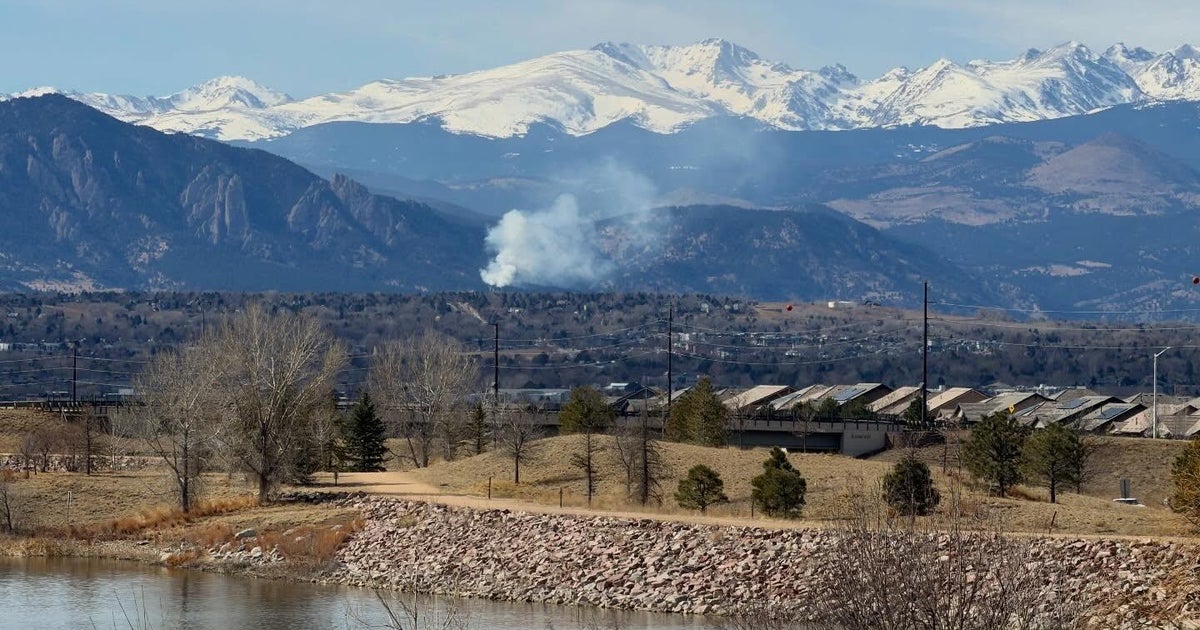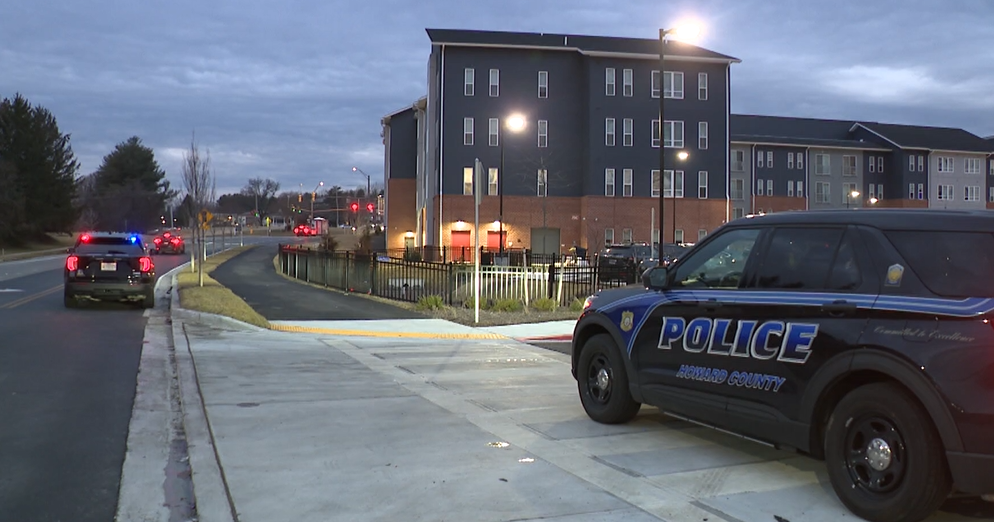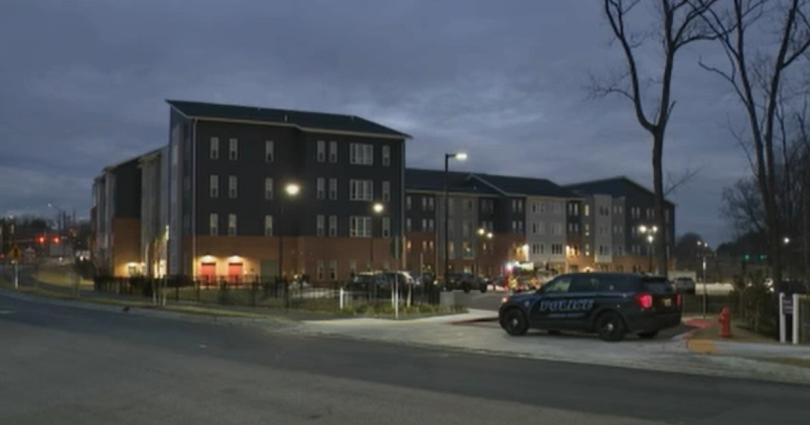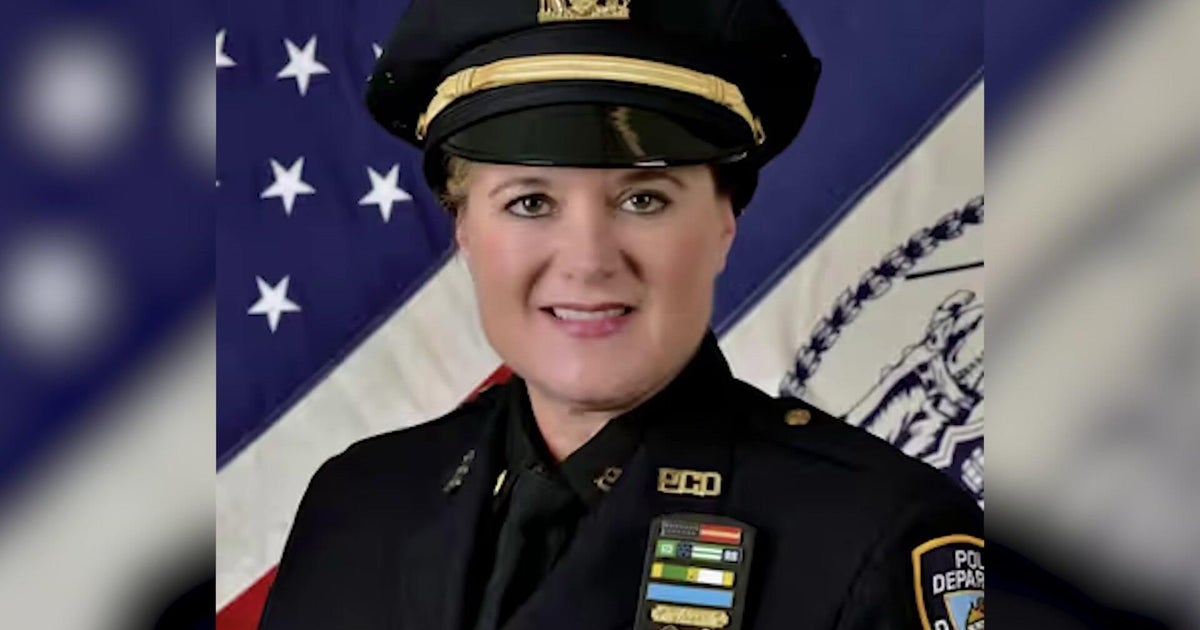Lake County Luxury Hotel, Housing Project Raises Concerns Over Wildfire Risk
SAN FRANCISCO (KPIX) -- California's attorney general wants to put a stop to a luxury housing development in a fire-prone area of Lake County.
In August 2020, the LNU Lightning Complex Fire tore through five North Bay counties, raging for 47 straight days. It killed six, injured five and scorched 363,000 acres including the development site for the Guenoc Valley Project.
The site was vacant when fire passed through but it will soon be home to more than 1,000 Californians and serve as a luxury hotel escape.
"The most important thing we need to do in California is to stop building new communities in very high-risk wildfire areas," Peter Broderick, a staff attorney with the Center for Biological Diversity said.
Broderick is part of a team that filed a lawsuit challenging the county's decision to approve the project.
"If a development is put in this area, the likelihood that a fire is going to occur there is extremely high and it really is a matter of when -- not if," said Tiffany Yap, senior scientist with the Center for Biological Diversity.
"When we filed our lawsuit challenging the county's decision, the project site was literally on fire," Broderick said.
The Guenoc Valley Project is a sprawling 16,000 acre site about 15 miles north of Calistoga. It is said to be world-renowned luxury hotelier Adrian Zecha's "latest masterpiece." It will create 850 hotel rooms and 1400 residential villas, boasting world-class wines, a golf course and polo fields.
The project could also boost the economy of struggling Lake County with onsite workforce housing.
It's situated inside what Ca Fire calls a "high fire hazard severity zone," meaning state fire maps show it is expected to burn again in the next 30 – 50 years.
"At the end of the day, the county supervisors ... I don't think they did their homework," Yap said.
Lake County supervisors approved the project 4 to 1. All five supervisors denied KPIX requests for an interview for as did the developer. But they knew this area was a fire risk when they chose the site, they worked with Cal Fire on the construction plan.
A spokesperson for Lotusland Investment Holdings Inc, the project developer, sent the following statement from CEO Alex Xu.
"From the moment we saw the land at Guenoc Valley, we knew we had a once-in-a-lifetime opportunity to create something special. We chose this site for its natural beauty and thus made it a priority for our project to celebrate and preserve the land in every aspect of our designs. Our hope is for our project to be the standard-bearer for future developments and will strive to demonstrate that development and responsible stewardship of the land are not mutually exclusive.
We have spent countless hours working with scientists at UC Berkeley, Cal Fire and the South Lake Fire District to make the site of our project safer than it is today. Our plans include extensive measures to manage fire risks, from a fire-suppression system with exterior building sprinklers to underground utilities and 72 miles of fire breaks and grazing plans to manage the undergrowth that creates risk on unmanaged land. We will also build a new fire station to serve the Guenoc Valley Project and surrounding areas, enabling access to fire response in an area of the county where it is presently limited. We are proud of the work we have done and will continue to do to address this concern and to not only meet but exceed the required standards."
"California has an affordable-housing crisis. This does nothing to help that crisis. This project is a playground for the one percent," Broderick said.
California's attorney general, Xavier Becerra, is also stepping in. His office filed a motion to intervene saying "the people of Lake County deserve to know about increased risks from a new development."
Research shows that the sprawl itself is a large part of the problem as human inhabitants cause 95 percent of wildfires.
"Researchers estimate that, by 2050, 1.2 million homes will be in high-wildfire-risk areas and that's just not a good future for us," Yap said.
Becerra also expressed broader concern about building in the wildland-urban interface in general.
Legislation was recently introduced, SB 55, which would block new development in these fire-prone areas.







